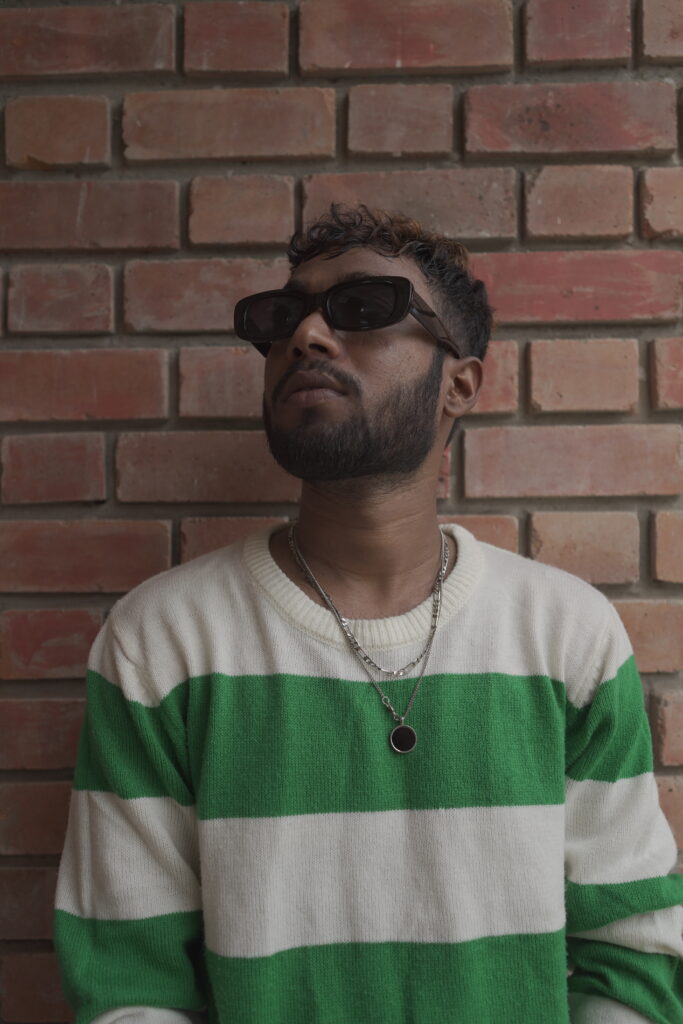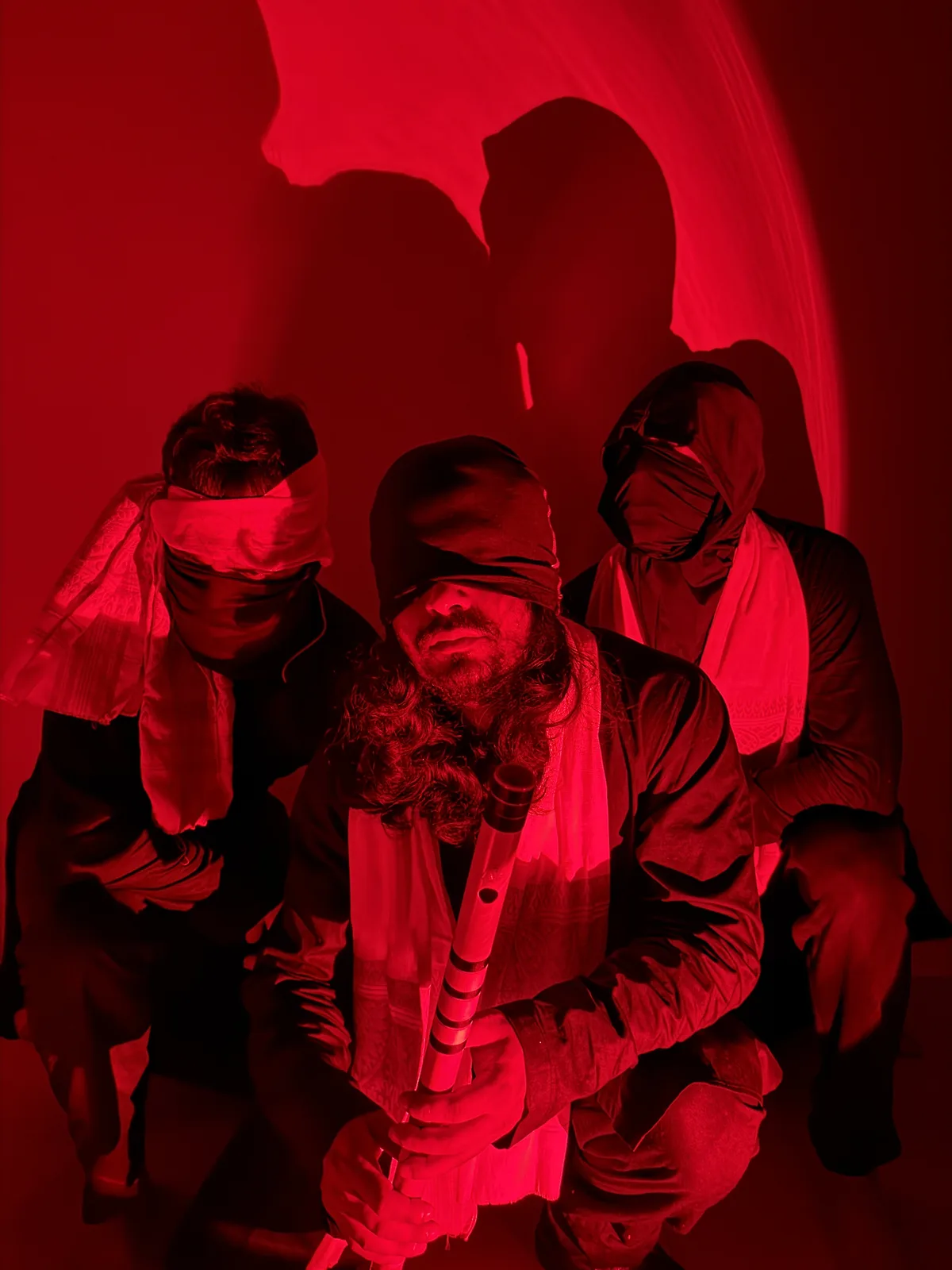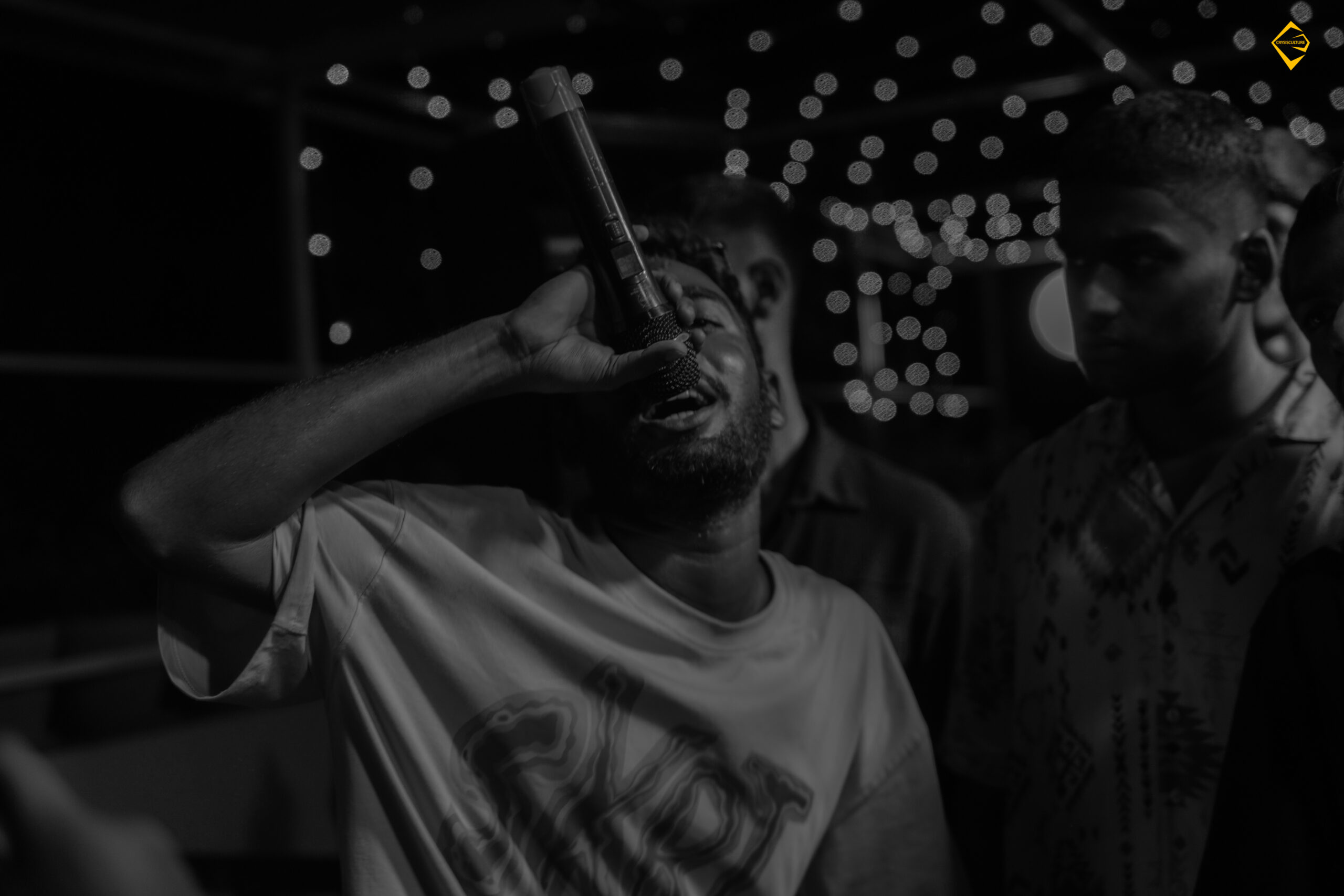Ankit Kumar, better known by his stage name ‘Lit Trust’, is an artist hailing from Patna, Bihar. The talent takes pride in representing his culture, the slang, and the accent, through his music. His recent sophomore LP ‘Waa’, released on the 27th of October 2023, further solidifies his attempt to present his story. Read more to learn about the theme of his album, his creative process, his eccentric approach, etc.
1. Your sophomore album ‘Waa’ has been much appreciated by the scene. Can you tell us about the theme of the album? What exactly do you indicate through the project?
The theme of this album can be divided into two parts. The first part is its musicality, and the second is its subject matter. Its musicality is heavily influenced by the infusion of 90s, 80s, and 70s soul and jazz music, which I’ve tried to blend with my style. I felt that doing this worked well, as I have enjoyed listening to that kind of music, especially from artists like Adnan Sami. I’ve attempted to address discrimination against people from Uttar Pradesh and Bihar who move to other regions. By using the term “WAA” I aim to encourage acceptance and understanding between individuals from different regions. The idea is that if someone from an external region, apart from Bihar and Uttar Pradesh, accepts this perspective, it may lead to mutual understanding. The goal is to discourage discrimination against people from Bihar and foster acceptance based on individual qualities.
2. Being an underground artist how did the reactions and support make you feel?
It’s wonderful to hear that my music, regardless of originating from a smaller town, has received support on both small and large scales. The positive reception has boosted my confidence, provided strength, and encouraged me to continue evolving creatively. The fact that people consistently appreciate and share my music spontaneously is a testament to its impact. This encouragement has become a source of strength, allowing me to embrace my creativity without inhibition.
3. The album sounds a bit chaotic, it feels as if it is a fragment of your mind expressing your thoughts and showcasing your style. What makes your flow so unique and distinct?
I don’t think this album is chaotic, although some listeners might perceive it that way. It showcases my passion, and I am highly passionate, and driven by determination. This aspect might make some people feel a bit unsettled. My flow reflects the essence of my real life; I rap in the same way I speak in real life. I strive to incorporate this slang, this language, into my flow. One thing that sets me apart is that I always aim to elevate my vocals to the next level with my lyrics. I want to do everything with my vocals that I can and if I ever feel limited, I want to learn new things that can take my vocals to the next level. I believe the hunger that I have is what makes my flow unique.
4. ‘Waa’, being entirely produced and mixed by you, how would you best describe the sound it features? How do you come up with these sonics?
I have seen that I have included all those sounds in this album that I used to appreciate as a child, and in doing so, I have realized that I am creating soundscapes that are influenced by soul and jazz. I feel that when I make music, it’s not just under my control; it just happens itself.
5. Tell us about the placement of the tracks. Do you think the order of the tracks poses a perspective?
Absolutely, the order of tracks in this album is very important, and I consider this album to be a musical journey where the track order plays a significant role. You can also observe that Young Kranti’s style of rapping sonic elements is very different from my other projects.

6. In the track, “Maneri (Skit)” you flex about how effortless your art of creation is. Being an independent rapper-producer, What is your creative process while creating such projects?
Sonics have always been important to me, not just important but the most crucial aspect. Making decisions about the type of sonics I want to associate with any project is the biggest consideration for me when building a project over time. The next step is writing, recording, and mixing.
7. More on the ‘Waa’ terminology, you came up with the most common colloquialism in the northern accent and the “Bhojpuri” language. A unique way to pay homage to your roots. How important do you feel representing your area and language is, as a rapper?
I don’t think it’s compulsory to represent your area or language. I believe that one should create art as one pleases. One should express oneself in a way that feels right. I represent my area and language because I feel this way and also I find it very interesting. Additionally, the biggest influence on my personality is my area and language so it’s like I got to.
8. Tell us about your future projects. What can we expect from Lit Trust in the coming year?
I won’t reveal too much, but I can say that I’ve recently started working on a project whose idea came to me quite some time ago. For now, I’m calling it ‘Kalu Maneri,’ but I might change the name as it progresses.





























